Supporting the Social-Emotional Needs of 2e Students [downloadable]
 Understanding and supporting a 2e students’ social-emotional needs is essential to their well-being. It is important for parents and school staff to develop 2e students’ strengths while supporting areas of need.
Understanding and supporting a 2e students’ social-emotional needs is essential to their well-being. It is important for parents and school staff to develop 2e students’ strengths while supporting areas of need.
Read more ›
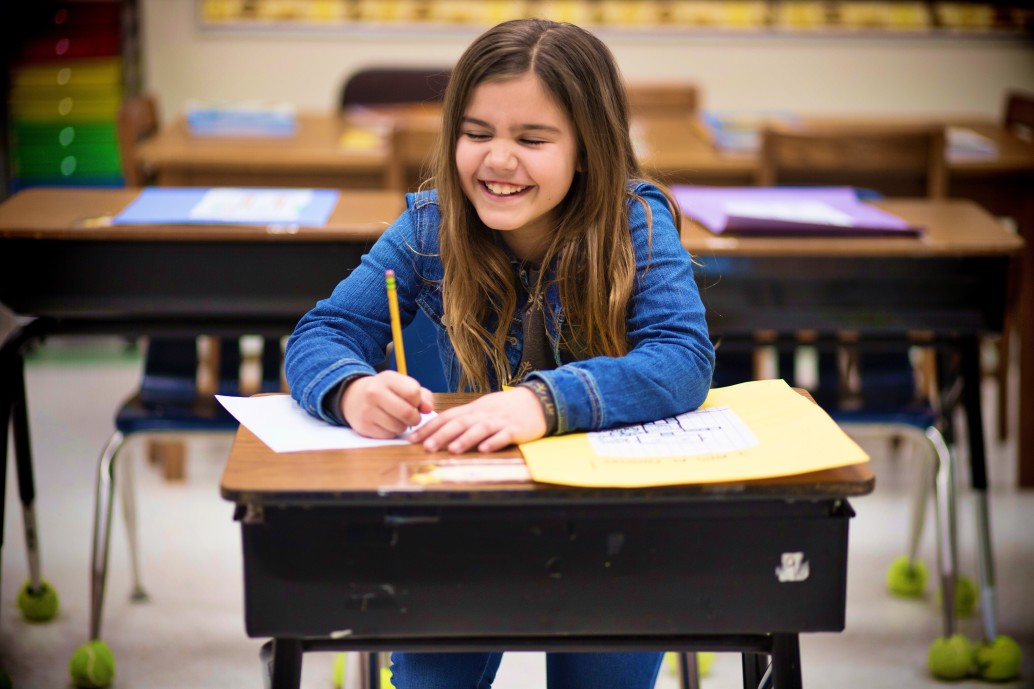
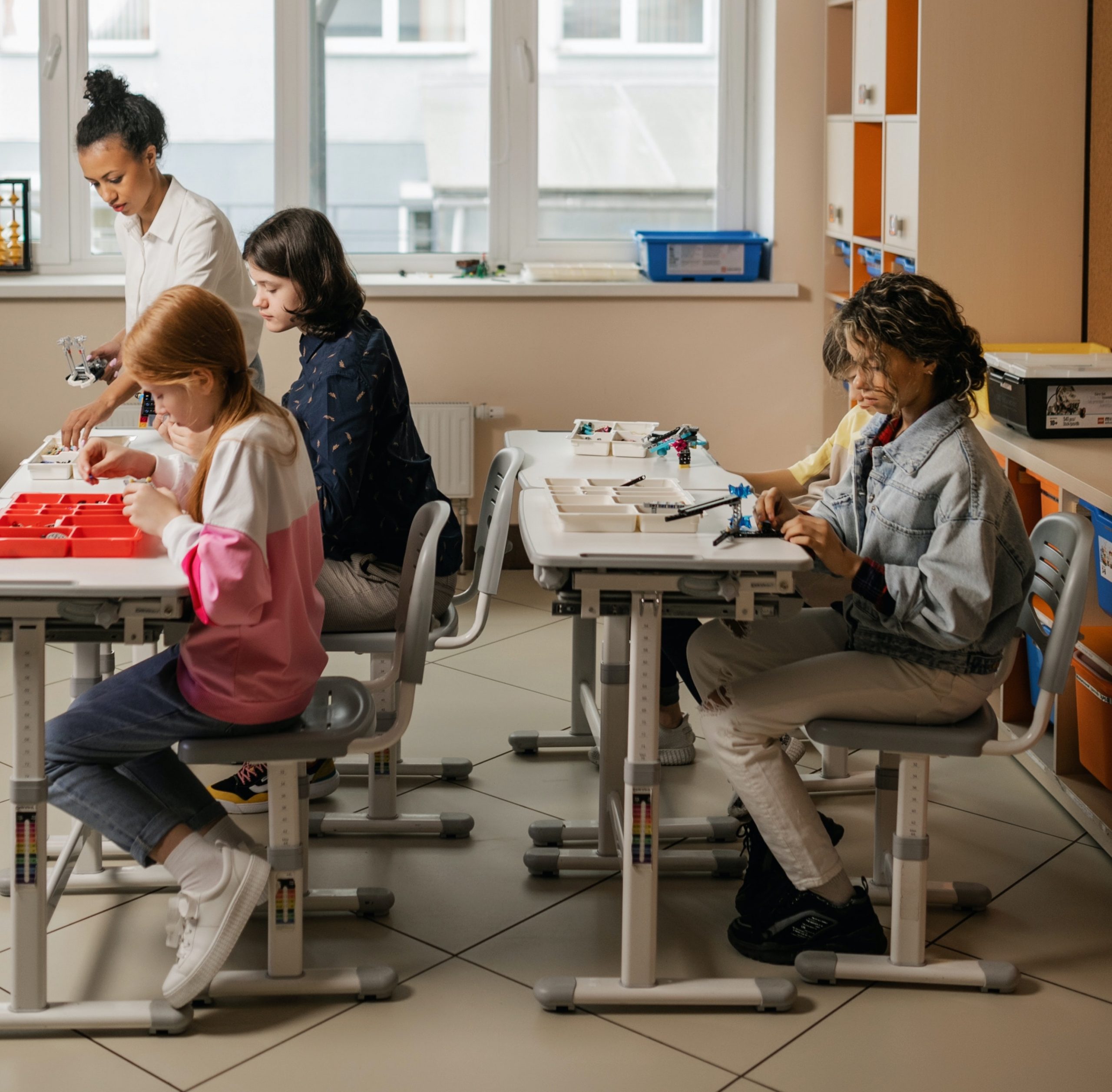
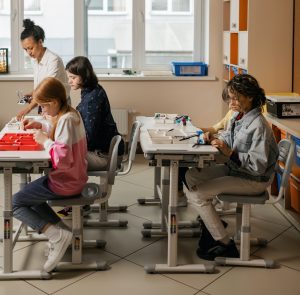 We all want our students to be successful. Some students come to school with greater degrees of Self Regulation for Learning, while others need more modeling and supports along the way. All students can value from keeping the ABCs (affect, behavior, cognition) in mind while learning.
We all want our students to be successful. Some students come to school with greater degrees of Self Regulation for Learning, while others need more modeling and supports along the way. All students can value from keeping the ABCs (affect, behavior, cognition) in mind while learning. 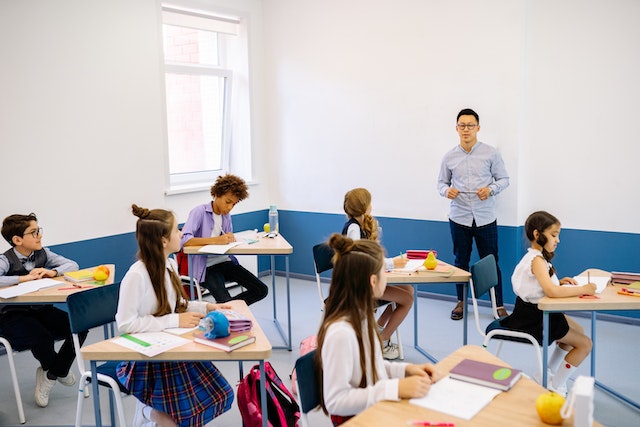
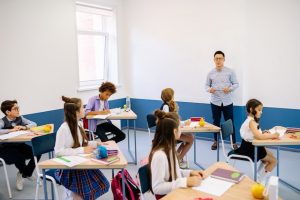 Good classroom design supports the acquisition of not only content skills but process skills. Executive functions are process skills that allow us to successfully complete tasks.
Good classroom design supports the acquisition of not only content skills but process skills. Executive functions are process skills that allow us to successfully complete tasks.
 Social-emotional learning is about cultivating a deeper care for the self in the present moment. That is something we all can do, and that is something that we should all do.
Social-emotional learning is about cultivating a deeper care for the self in the present moment. That is something we all can do, and that is something that we should all do.
 Children vary in their development of speech and language skills. However, they follow a natural progression or timetable for mastering the skills of language. A checklist of milestones for the normal development of speech and language skills in children from birth to 6 years of age is included below.
Children vary in their development of speech and language skills. However, they follow a natural progression or timetable for mastering the skills of language. A checklist of milestones for the normal development of speech and language skills in children from birth to 6 years of age is included below. 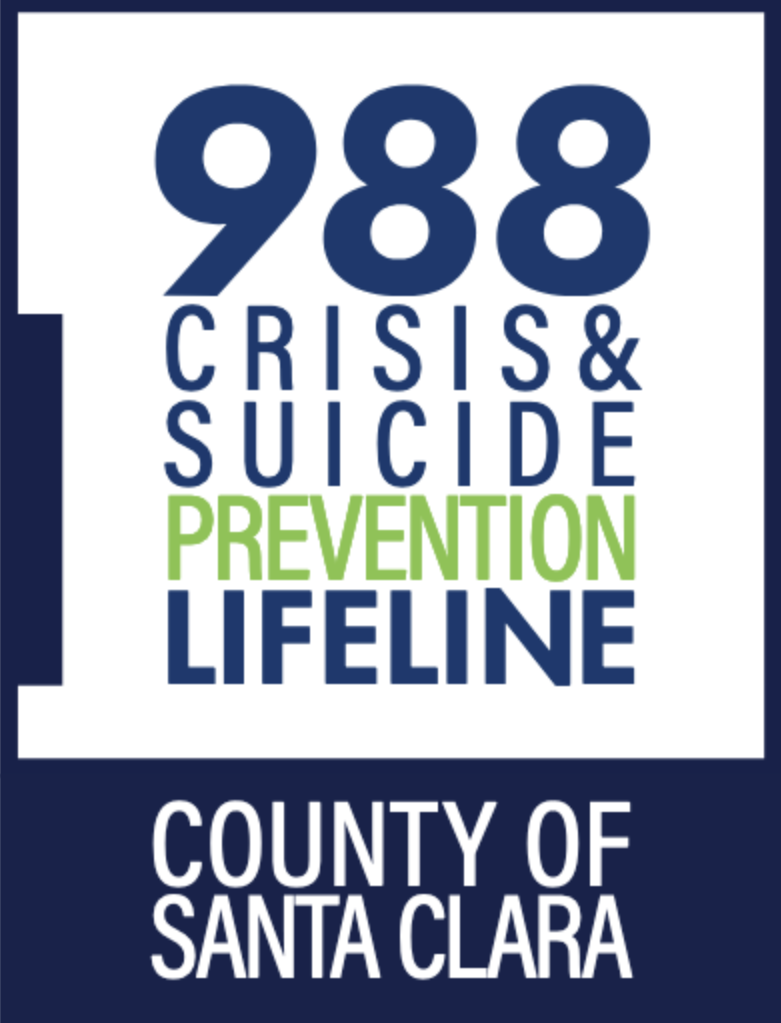
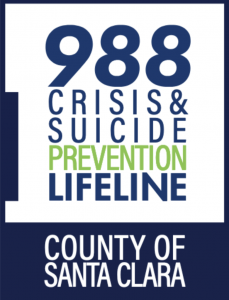 the County of Santa Clara Behavioral Health Services Department (BHSD) transitioned to the new national three-digit suicide prevention lifeline number, 988. The new number is a quicker and more direct way to get support in times of need. Callers with 408, 650, and 669 area codes dial 988* to get compassionate support and connection to local crisis service.
the County of Santa Clara Behavioral Health Services Department (BHSD) transitioned to the new national three-digit suicide prevention lifeline number, 988. The new number is a quicker and more direct way to get support in times of need. Callers with 408, 650, and 669 area codes dial 988* to get compassionate support and connection to local crisis service. 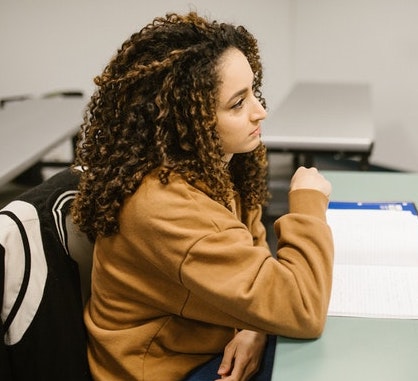
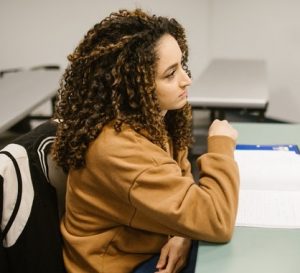 Educators are often the first to notice mental health problems. Here are some ways you can help students and their families.
Educators are often the first to notice mental health problems. Here are some ways you can help students and their families. 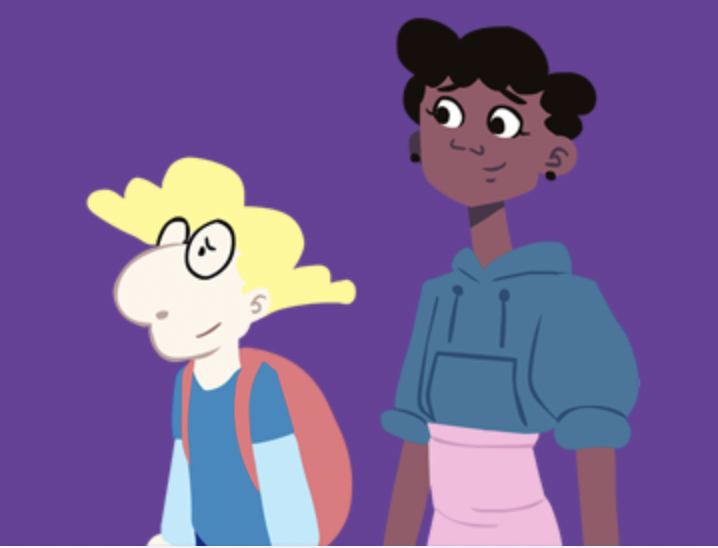
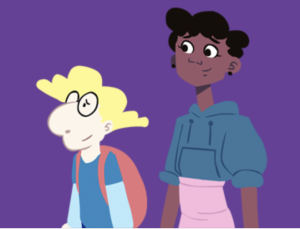 AMAZE
AMAZE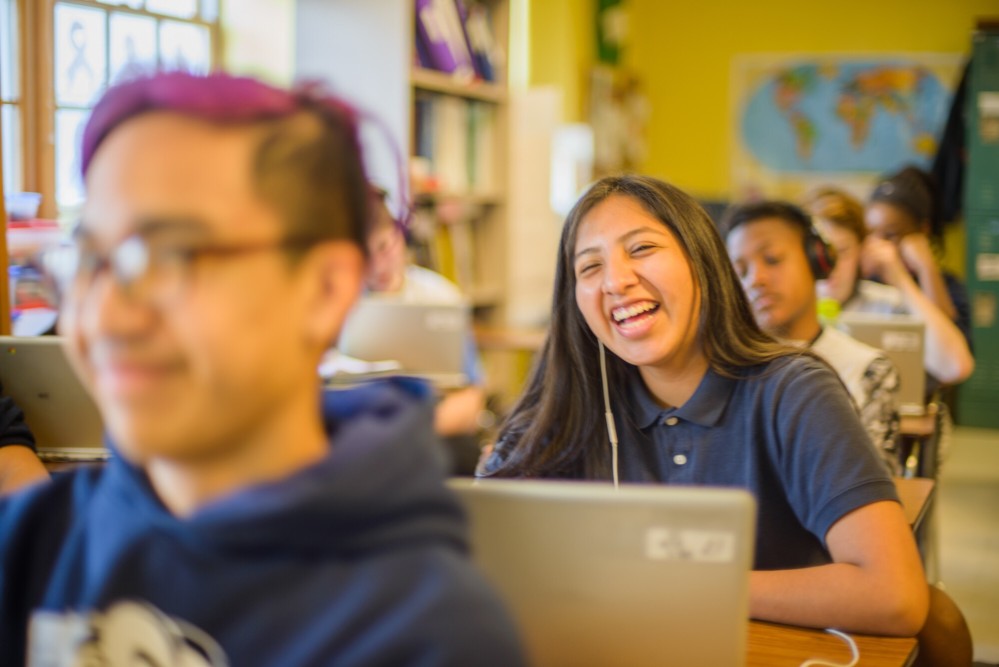
 One of the most important aspects of learning that might be least understood is human memory. We are tasked with passing on skills and knowledge to students—it’s the most important aspect of our job. Yet how many educators have earned degrees and teaching certificates without any mention of how memory works?
One of the most important aspects of learning that might be least understood is human memory. We are tasked with passing on skills and knowledge to students—it’s the most important aspect of our job. Yet how many educators have earned degrees and teaching certificates without any mention of how memory works? 

